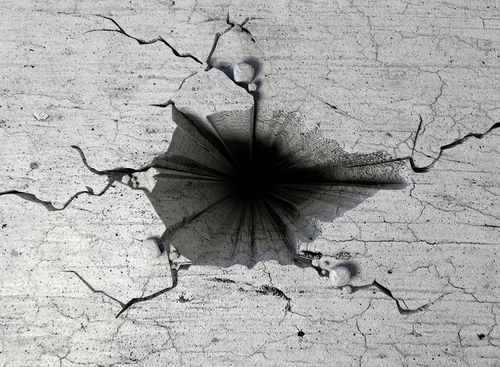
A fourth-grade teacher at an elementary school near Lubbock, Texas was recently fired over a post on a social network. According to mysanantonio.com, Karen Ftizgibbons published a post on Facebook decrying the resignation of Police Cpl. David Eric Casebolt, the officer at the center of the recent KcKinney pool party incident which has received national attention. Fitzgibbons's post, among other things, said blacks are the cause of 'racial tensions' and she states that she is "almost to the point of wanting them all segregated."
This isn't the place to comment on the content of her post (would you even need to?), or the controversial events in McKinney, but Karen Fitzgibbons's actions and their consequences do throw into stark relief the changing nature and risks that come with a world of increasingly ubiquitous and instantaneous communication.
This goes beyond the "what the hell were you thinking?" nature of Fitzgibbons's Facebook post, as she is by no means the first, nor will she be he last person who is fired because of something stupid said or done online. What I want to understand is why it keeps happening. I have some guesses.
Being habitually on a social network, especially one like Facebook that allows you in some ways to control who can see your posts, can create a kind of illusion where we think what we're posting only goes to those who we intend to receive them. We have our little circle of friends whose posts we most often see and who most regularly comment on what we published. This can create a completely false impression of privacy. Who else would be interested in one normal person's opinions, even the more outré ones, besides the friends in their little circle? Well, a lot of people, it turns out.
The firing also belies the supposedly ephemeral nature of what we put up on social media. Sure, the vast majority of posts go down the news feed memory hole, but even posts on social networks like Snapchat, which were designed to be temporary, can be saved. And any post can live on in infamy: Despite the fact that Karen Fitzgibbons deleted her racist post, screenshots of it remain.
We must be careful about how we talk about the posts we put up on social media. They do not just disappear, they are not truly temporary or ephemeral. They can remain, in one form or another. Despite what efforts in Europe might have you think, the best we can hope for is that what we post will be forgotten. But that is no guarantee that they can or will be.

